| Central Question: How do the different biomes differ? Guiding Thought Question: Based on what you've learned this unit, which biome seems to be the best for human settlement? Which seems to be the worst? Explain your answers. Today's Learning Objectives: Students will review the different issues related to each biome, the adaptations that species make for the specific biome, and the locations and characteristics of each biome. |
|
0 Comments
|
Ecological Biogeography ForumWelcome to the Forum! Here is where you will be answering your daily warm-up questions. Please do not enter your last name for privacy reasons, and you may use a nickname if you would like (Just make sure Mr. Tredinnick is aware of the nickname you are using). Write out thoughtful responses to the forums on the days they are assigned. If you miss a day please take it upon yourself to complete the Forum you missed. Each Forum has the targeted Learning Objective(s) there so you can see what the focus of the day's class will be. Archives
March 2022
Categories |
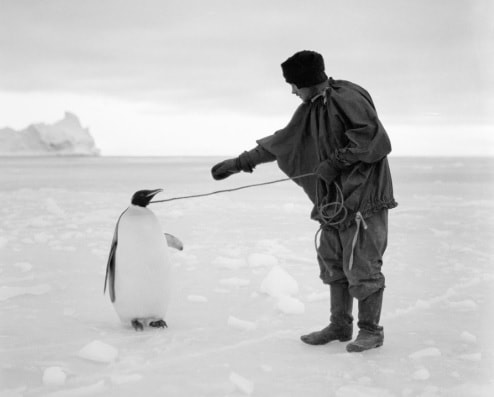
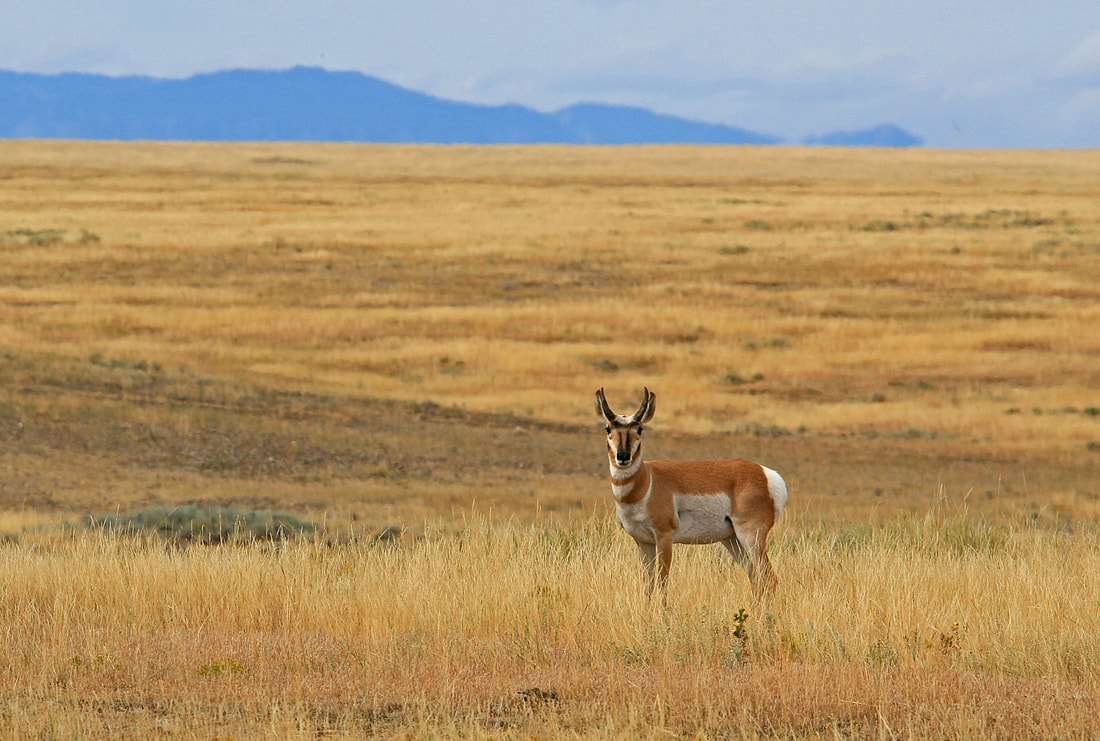
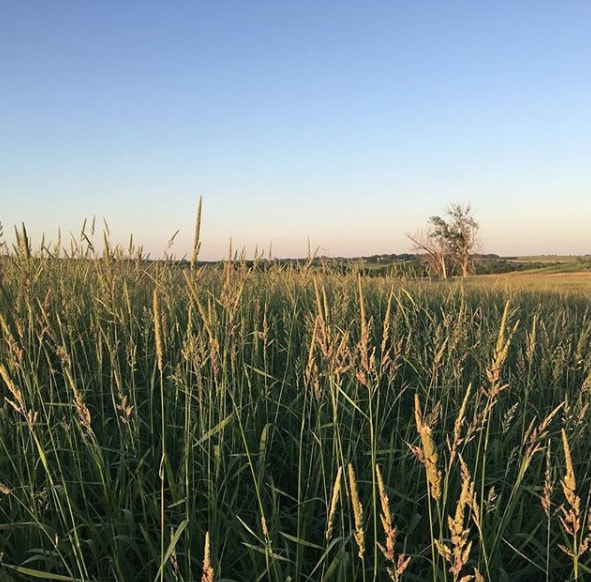
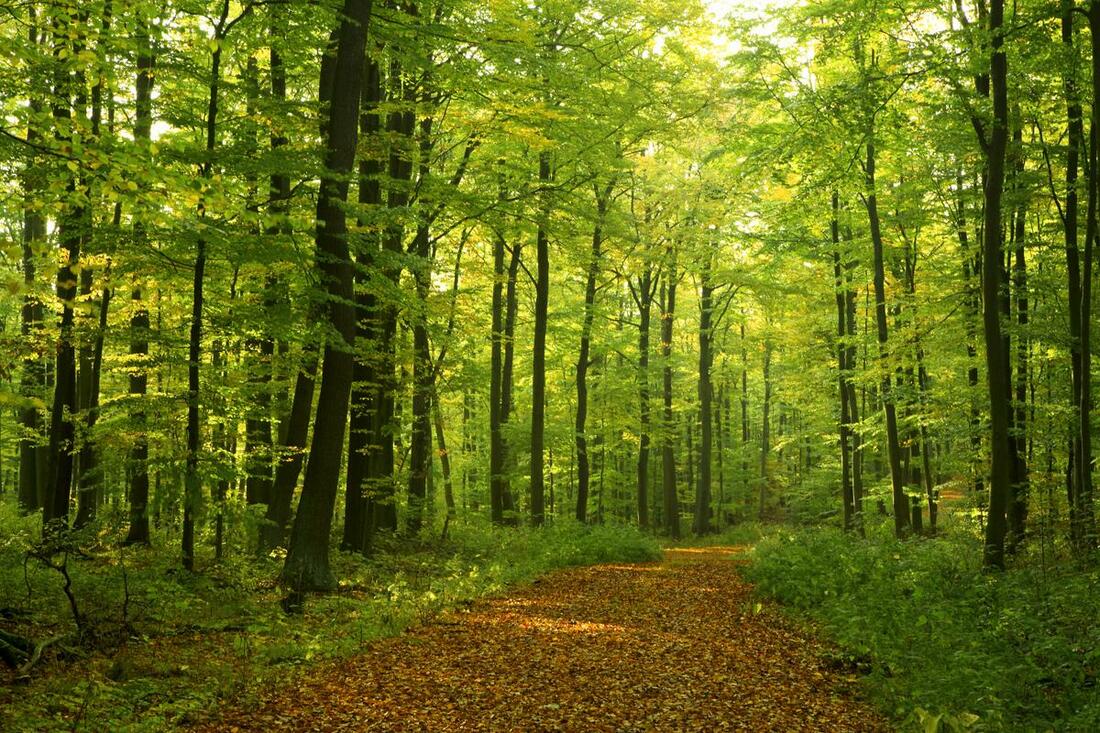
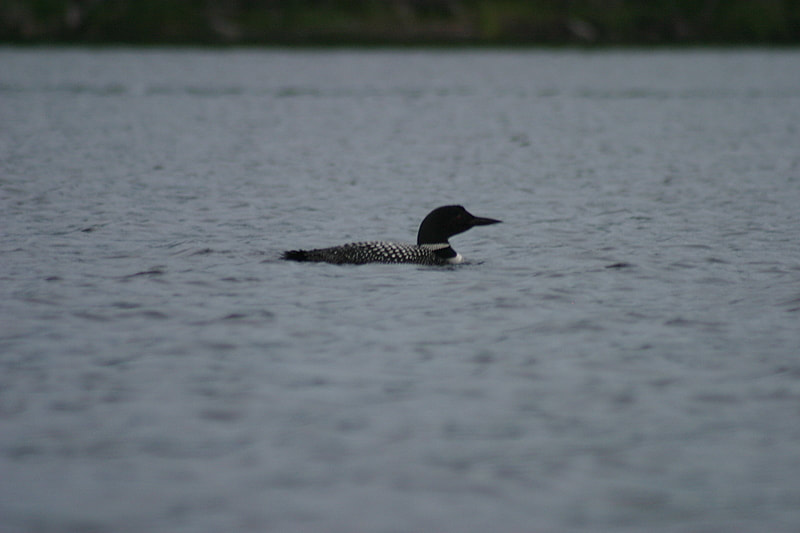
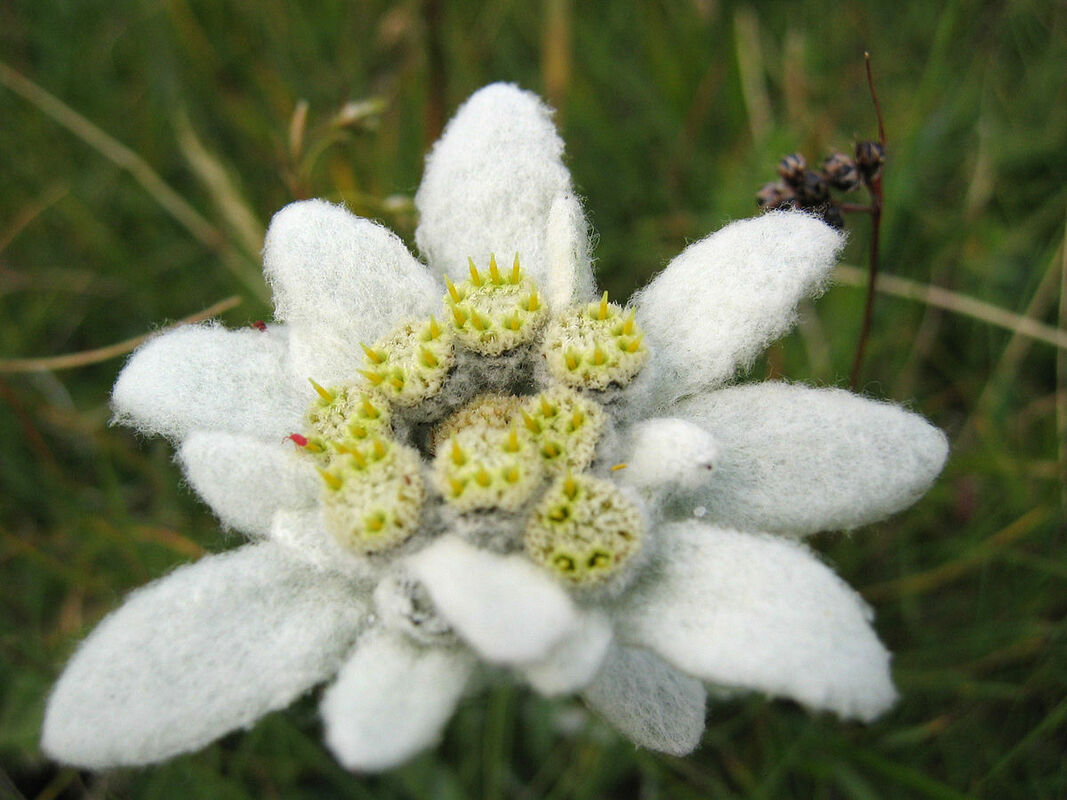
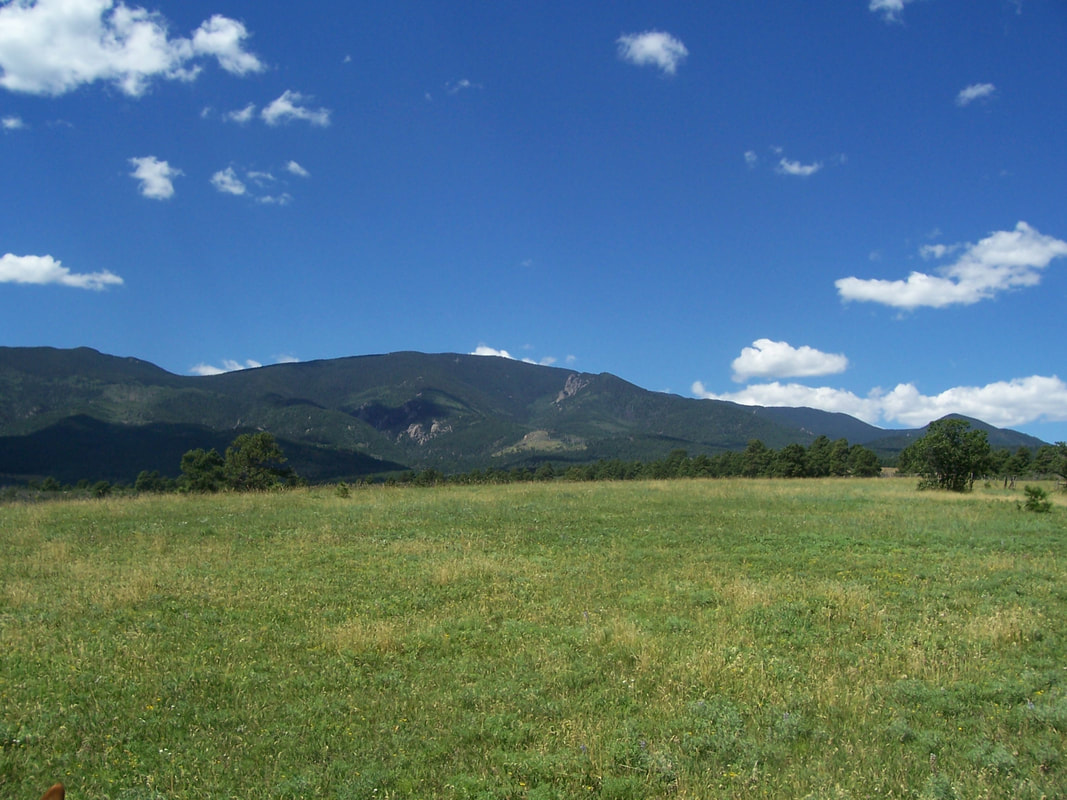
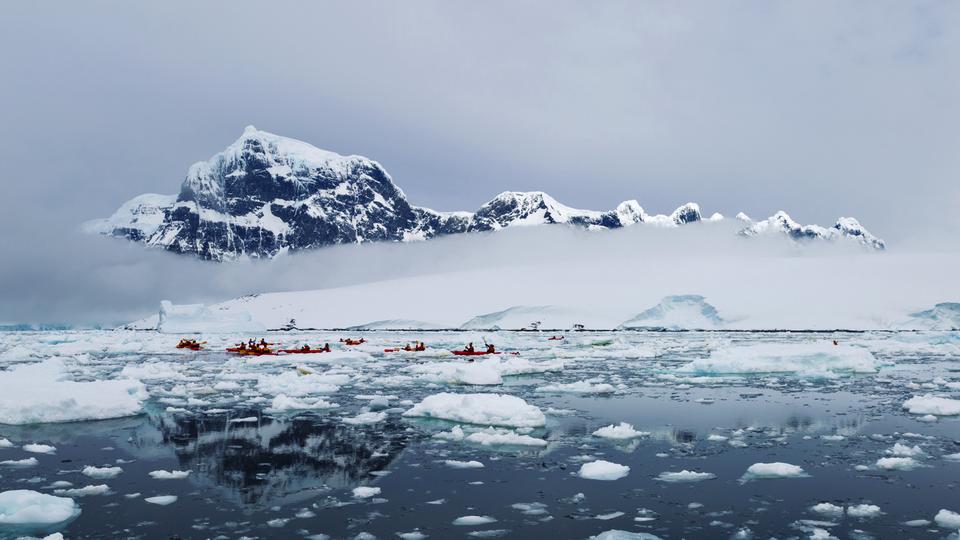

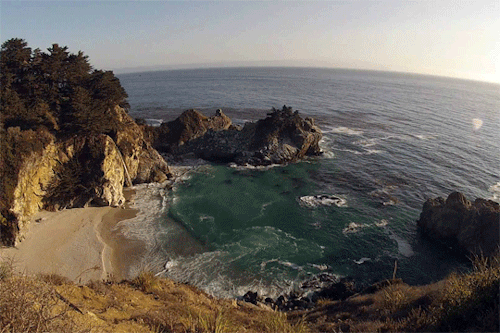
 RSS Feed
RSS Feed
